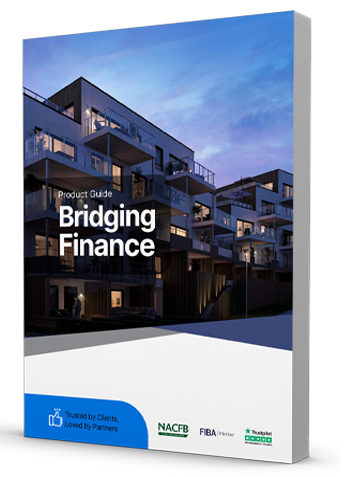Securing a business loan can be challenging, and your credit score can play a significant role in whether or not your application is approved. We respect all credit ratings, excellent or poor score, as a proven business loan broker in London and Essex. It’s important to remember that your score will rise or fall for various reasons, which we’ll go over in today’s blog post.
Continual Credit Request
Credit scores are prevalent in the finance sector and are an essential first step toward obtaining a loan. However, if you’ve found yourself applying for credit several times in a short time, your credit score may suffer. Both lenders will be expected to conduct credit checks before making a final lending decision. To prevent unnecessary searches, we will assist you in this process by ensuring that your application is placed with a lender ideal for your personal and business circumstances.
1. Hard search
Lenders usually carry out this type of credit search. They will have a negative effect on your account as well as your ranking. For example, if you apply for credit three times in a month and one of them is denied, your credit score will suffer.
2. Soft searches
Do not affect your credit score, and unlike hard searches, they leave a mark on your record that is only accessible to you and not to a lender or someone else that wants to run a credit check on you. When doing a self-check, for example, you would be able to check your credit score before physically applying for a loan.
Address and Electoral Roll Accuracy
When prospective clients contact lenders, they can immediately search their client’s past and current address history. This person’s stability and permanency are shown if they have lived in the same place for a long time. By not relocating, they demonstrate to the lender that they are dependable and secure and therefore can be trusted to repay their loan.
Lenders would see the electoral role as another source of protection. To vote in political elections, you must be registered at a single address. If this is the case, it will positively affect your credit score and history, demonstrating to lenders that you are financially stable.
Failure to Make Credit Payments
Paying your bills on time is an essential aspect of maintaining a good credit score. If you’ve repeatedly skipped or refused to make payments, the lender will decide to put the account in default. If you ignore these payments, they will appear on your credit report for six years, making it impossible to get a loan after default. If you are having trouble repaying your loan, talk with your finance broker or the lender directly, as they will be able to help you set up a payment schedule.
Previous Credit Background
If you have a poor credit background, this will affect your ability to obtain loans in the future. If you’ve been rejected for a credit card or a loan, they’ll leave footprints on your record, particularly when hard searches are involved. After performing mandatory credit checks on consumers, this will illustrate any potential risks that have been raised as a result of failure to proceed with payments and sustain monthly payments.
Credit Restriction
The amount of credit you use against your maximum limit will also affect your credit score, depending on your credit history of credit cards and loans, for example. When you apply for credit, the lender will look at details about your past credit limits and how they’ve changed over time. When it comes to handling your repayments, it’s first essential to consider the sum you’ve decided to borrow. Commercial finance brokers and lenders, for example, can view you as a risky borrower if you use up the total percentage of your credit cap. Your credit score would be negatively affected if you use 50-75 per cent of your credit cap. If you’re using more than 75% of your available credit, your credit score would likely suffer even more.












